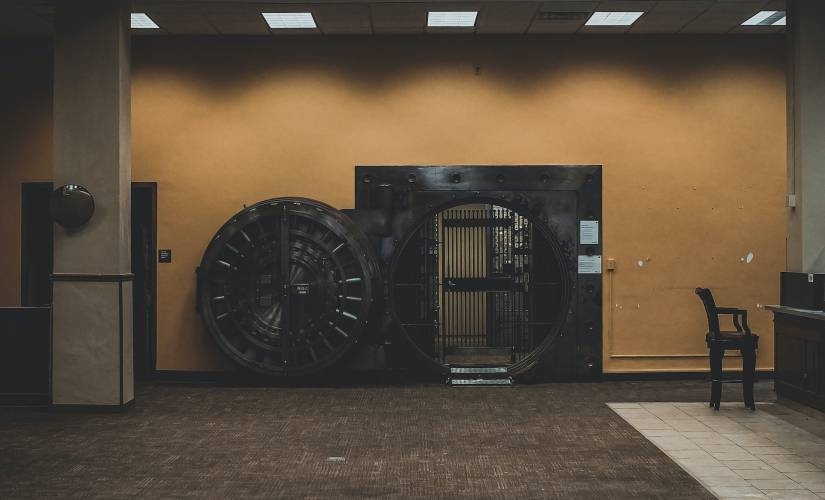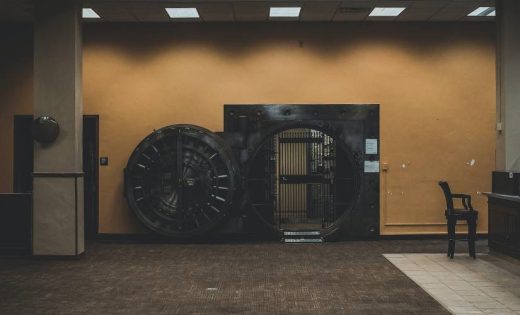Rising Interest Rates Claim First Republic, the Third Bank to Fail This Year
Rising Interest Rates Claim First Republic, the Third Bank to Fail This Year

Another weekend, another bank failure. In what is becoming a familiar pattern as interest rates rise from near-zero to highs not seen in a decade or more, federal bank regulators took control of First Republic Bank last weekend and sold it to JP Morgan Chase in time for branches to open Monday morning. First Republic, with a distinctly moneyed clientele, is the third bank to collapse since Silicon Valley Bank and Signature Bank both failed over the weekend of March 10.
More significantly, First Republic is the second large regional bank with assets over $ 200 billion to fail in a few weeks (SVB was the first). First Republic, loaded with deposits from wealthy individuals and companies, made large loans, including jumbo mortgages, during the many years of near-zero interest rates. That business plan has not been looking nearly so brilliant since the Federal Reserve began hiking interest rates last year to apply downward pressure on inflation. As interest rates have moved upward, the value of the large loans on the books of First Republic have moved downward, which gradually boiled the concern of depositors with accounts far greater than the federally-insured maximum of $ 250,000 into panic. Withdrawals by major customers of First Republic has drastically reduced the bank’s total deposits.
Analysts were not reassured by First Republic’s plan to lay off 25 percent of its staff and sell unprofitable assets, such as the large mortgages at rock bottom rates it provided to wealthy clients. Treasury officials began soliciting bids from other, larger banks interested in acquiring First Republic.
“This part of the crisis is over,” Jamie Dimon, JPMorgan’s chief executive, said on a conference call Monday that was reported by the New York Times. “For now, we should all just take a deep breath.”
Creditors and stockholders take a loss, but not taxpayers
The shareholders of First Republic and creditors who lent money to the bank will not be compensated, which is normal when the Treasury puts a bank in government receivership.
“These actions are going to make sure that the banking system is safe and sound,” President Joe Biden said. “While depositors are being protected, shareholders are losing their investments. And critically, taxpayers are not the ones that are on the hook.”
The F.D.I.C. will pay about $ 13 billion to cover the losses of First Republic, with the money coming an insurance fund. The fund is comprised of fees paid by banks pay the agency for insuring deposits. JPMorgan also said that the F.D.I.C. would provide it with $ 50 billion in financing and that JPMorgan would pay $ 10.6 billion to the F.D.I.C.
In March, when First Republic was clearly teetering, the bank received a $ 30 billion lifeline from 11 of the country’s largest banks, including JPMorgan, which said the $ 30 billion would be repaid.
JP Morgan, with its more than $ 3.2 trillion in assets, was already the largest US bank before snapping up First Republic, which added $ 200 billion to its portfolio of loans and securities, much to the displeasure of many. “Since the 2008 financial crisis, regulators have tried to prevent the biggest banks from becoming more dominant,” Ian Katz, an analyst at Capital Alpha Partners, wrote in a research note. JPMorgan’s increase in size “will displease lawmakers from both sides of the aisle, but be particularly grating to progressives who have fought against consolidation via M&A.”
The post Rising Interest Rates Claim First Republic, the Third Bank to Fail This Year appeared first on ReadWrite.
(7)


